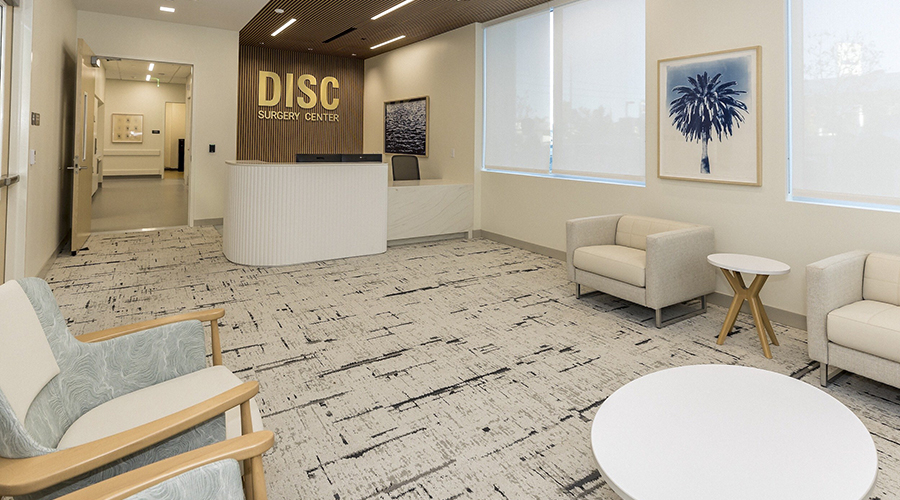ChristianaCare has received a $714,000 grant from the Federal Communications Commission (FCC) to support telehealth services during the COVID-19 pandemic.
ChristianaCare is one of only 17 healthcare providers in the U.S. and the first health system in Delaware to date to receive a grant under the FCC’s COVID-19 Telehealth Program. The funding is part of the recently enacted CARES Act, which appropriated $200 million to the FCC to support health care providers using telehealth during this national emergency.
ChristianaCare will use the grant to support its COVID-19 Telemedicine Program. The program will expand existing telehealth capabilities by increasing broadband access to telehealth services for vulnerable and underserved residents in Delaware by providing devices and data plans. It will also offer on-site telehealth services to communities with high disease burden and challenges accessing virtual health services. Access to broadband telehealth services enables COVID-19 patients to safely remain at home in isolation instead of presenting to hospital facilities for further evaluation and care.
“Before COVID-19, ChristianaCare was charting a course to transform care based on the vision that all care that can be done in the home, in the community or on a smartphone will be done in the home, in the community or on a smartphone,” said Janice E. Nevin, M.D., MPH, ChristianaCare president and chief executive officer. “This transformation has accelerated exponentially during the pandemic, because at this time, the safest place for our patients is in their home. The technology supported by this grant will ensure that patients receive the right care, at the right time and in the right place, dramatically lowering the risk of spreading COVID-19.”
In response to the COVID-19 pandemic, ChristianaCare established a comprehensive and sophisticated COVID-19 virtual provider visit and interactive telehealth program. The program leverages telemedicine visits with a provider for those individuals who have coronavirus symptoms or for those who have already tested positive and are symptomatic.
A key component of the program is the remote monitoring of these individuals by ChristianaCare’s CareVio care management program through secure text messaging. This ongoing monitoring connects patients with a registered nurse who monitors their condition several times per day to make sure the patient is improving. If the patient’s condition begins to deteriorate, a provider telemedicine visit is scheduled.
Since the crisis began, CareVio has monitored more than 1,500 patients and more than 1,000 patients have had a telemedicine visit with the COVID-19 practice. CareVio has also called more than 4,400 patients following COVID-19 testing, ensuring they have a primary care provider and answering questions.
Visit https://christianacare.org.
 AI Adoption on the Rise Among Leaders
AI Adoption on the Rise Among Leaders TriasMD Officially Opens DISC Surgery Center at Tarzana
TriasMD Officially Opens DISC Surgery Center at Tarzana Goshen Health Announces Partnership with Parkview Health
Goshen Health Announces Partnership with Parkview Health Severe Winter Weather: What Healthcare Facilities Must Prioritize
Severe Winter Weather: What Healthcare Facilities Must Prioritize Recovery Centers of America Opens New Facility in Florida
Recovery Centers of America Opens New Facility in Florida